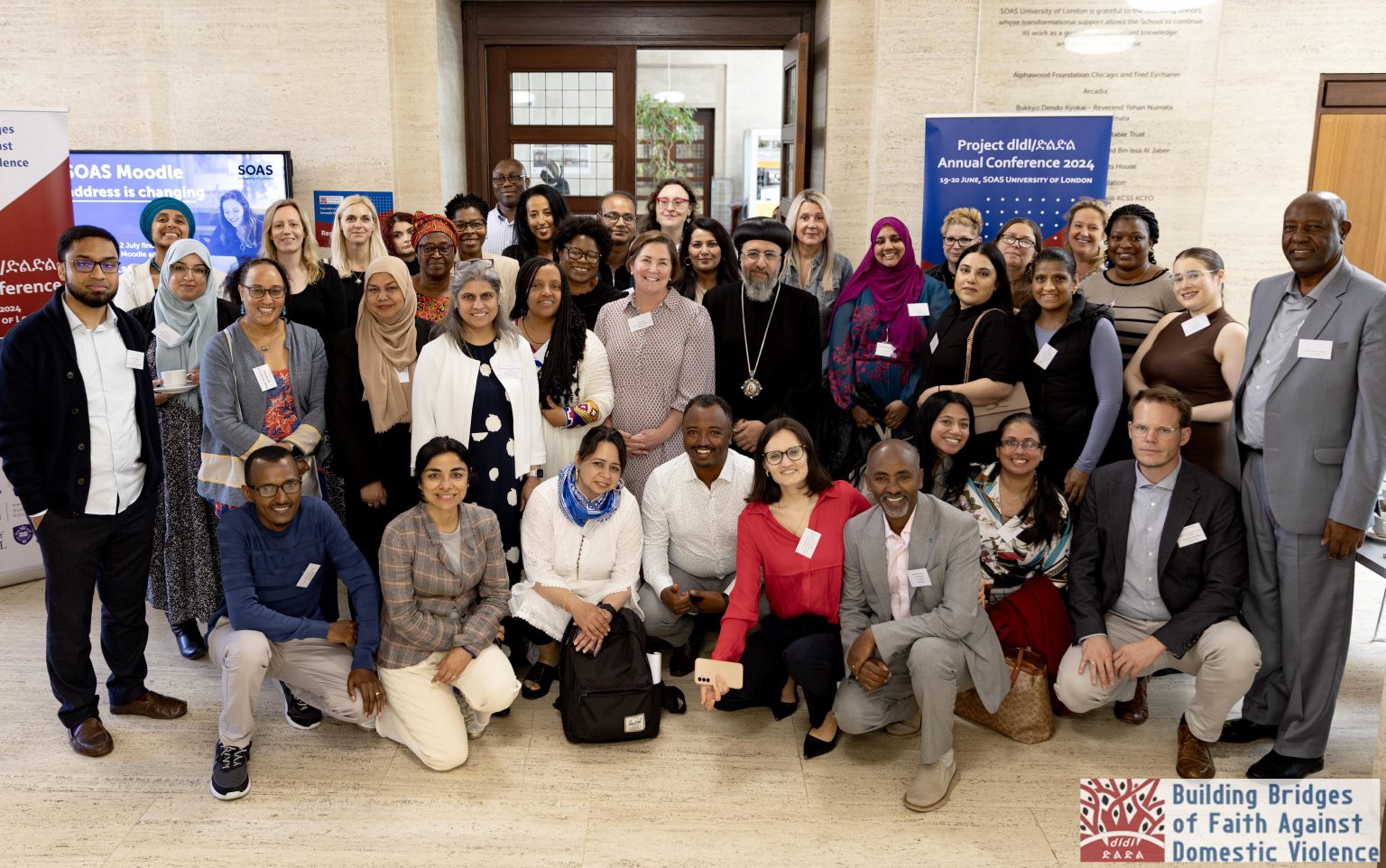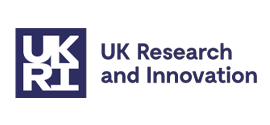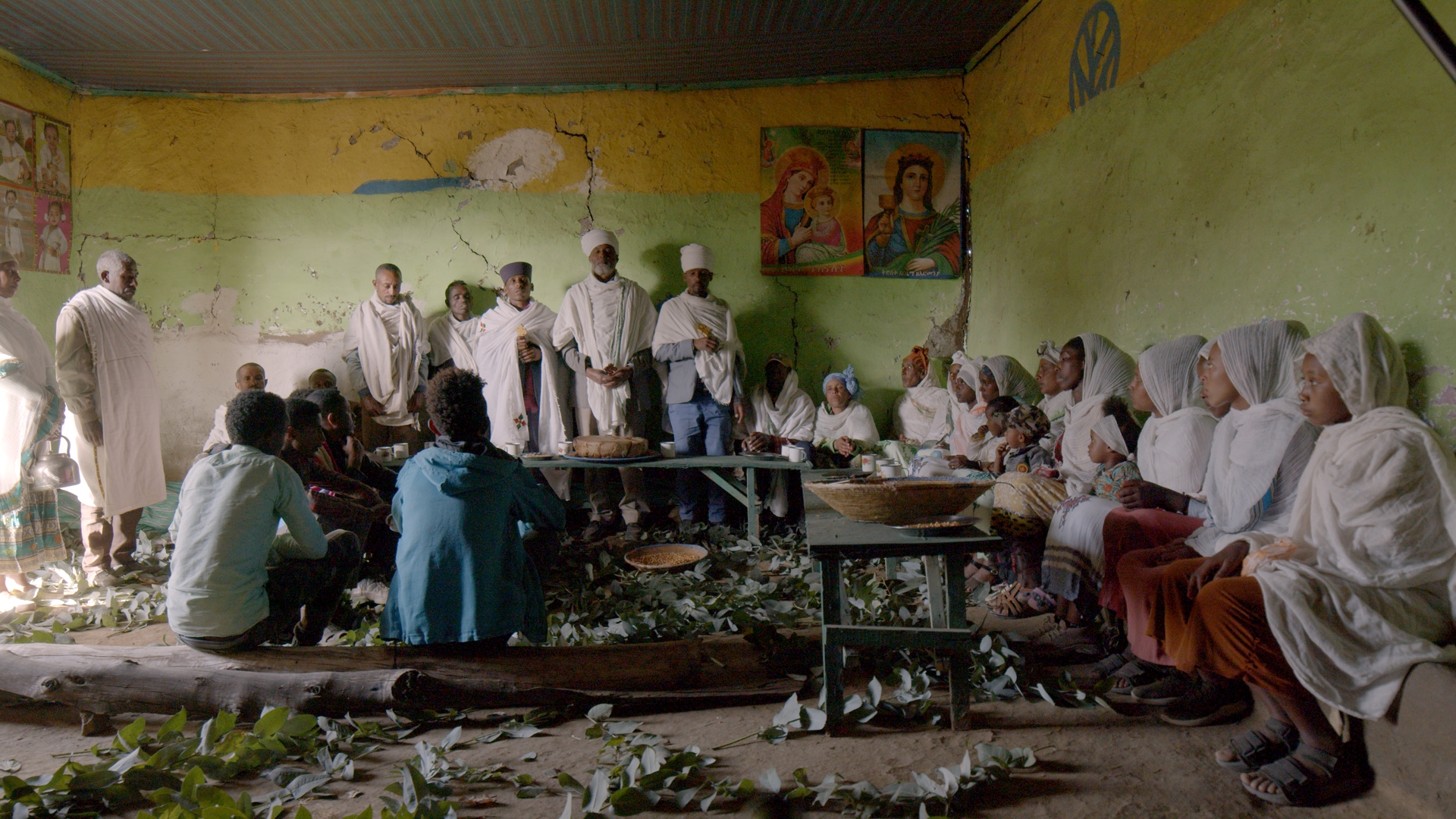
Shaping current and future responses to domestic violence in religious, ethnic minority and migrant communities
Institute of Domestic Violence, Religion & Migration
The Institute of Domestic Violence, Religion & Migration (IDVRM) C.I.C. is a highly specialised evidence and practice institute that produces innovative research and intervention approaches to domestic violence and interconnected forms of violence in religious, migrant and ethnic minority contexts internationally.
Recognising that gender-based violence approaches historically marginalised cultural and religious worldviews and imposed external thinking and solutions, we develop responses to domestic violence and interconnected forms of violence in religious, ethnic minority and migration contexts that are centred on the lived realities and religio-cultural contexts of diverse communities.
Our approach is guided by the Project dldl/ድልድል Model premised on decolonial reflexivity, interdisciplinarity, cultural and theological knowledge and genuine co-creation involving grassroots organisations, women’s platforms and faith-based stakeholders. We operate an international network of researchers and practitioners internationally and have active programmes in Africa and Europe.
The Institute span out of the work of Project dldl/ድልድል, which was established by Dr Romina Istratii with £1.2 million funding by UK Research and Innovation (Future Leaders Fellowship Grant Ref: MR/T043350/1) at SOAS University of London between 2020-2024. Until May 2025, the Institute’s activities were funded with renewal FLF funding by UK Research and Innovation (Future Leaders Fellowship Renewal Grant: MR/Y033825/1). Since July 2025, the Institute operates independently as a Community Interest Company registered in England and Wales.
The Institute provides commercial services that include research design and implementation, programme delivery, ethics reviews, expert advice, programme evaluations, and partnerships-building to strengthen our clients’ and our partners’ evidence-based approaches. Read more on our Services page.
Listen to our Director, Dr Romina Istratii, introduce the Institute of Domestic Violence, Religion & Migration
The intersection of domestic violence, religion and migration in a conflict-affected world
Domestic violence is defined as violence perpetrated by intimate partners and family members, and it is one of the most frequent forms of gender-based violence around the world. The experience of domestic violence is shaped by a host of factors, including social, political, cultural and religious contexts, experiences of migration and displacement and previous forms of violence in a person’s lifetime.
As an Institute, we work to respond to domestic violence in connection with other forms of violence, such as conflict-related sexual violence and violence experienced during displacement. We believe that to respond effectively to domestic violence in communities that are increasingly internationalised, we need transboundary, collaborative and culturally and faith-informed responses that cross disciplines, sectors and geographies.
Important statistics
- It is estimated that 1 in 3 women worldwide have been affected by physical and/or sexual violence in their lifetime, usually by an intimate partner,[1] and although male-to-female violence is more dominant, no gender is immune to domestic violence. In England and Wales alone, in 2023-2024, 1.61 million women and 712,000 men were victims of domestic abuse.[2]
- In recent years, scientists have counted 176 armed conflicts in the world, offering ripe grounds for politically motivated violence, displacement and exacerbated levels of domestic violence in post-conflict.[3]
- As of 2022, about 85.6% of the world population identified with a religious tradition (only 14.4% reported as unaffiliated), the majority being categorised as Christians, Muslims and Hindus.[4]
- In 2020, about 3.6% of the world population, or 280 million people, were international migrants, with Europe and Asia hosting about 61% of the international migrant stock.[5]
[1] https://data.unwomen.org/global-database-on-violence-against-women
[2] https://www.ons.gov.uk/peoplepopulationandcommunity/crimeandjustice/bulletins/domesticabuseinenglandandwalesoverview/november2024
[3] https://ourworldindata.org/grapher/number-of-armed-conflicts
[4] Share of global population by religion 2022| Statista
[5] https://worldmigrationreport.iom.int/msite/wmr-2024-interactive/
Our Mission
Through our work, we aim to:
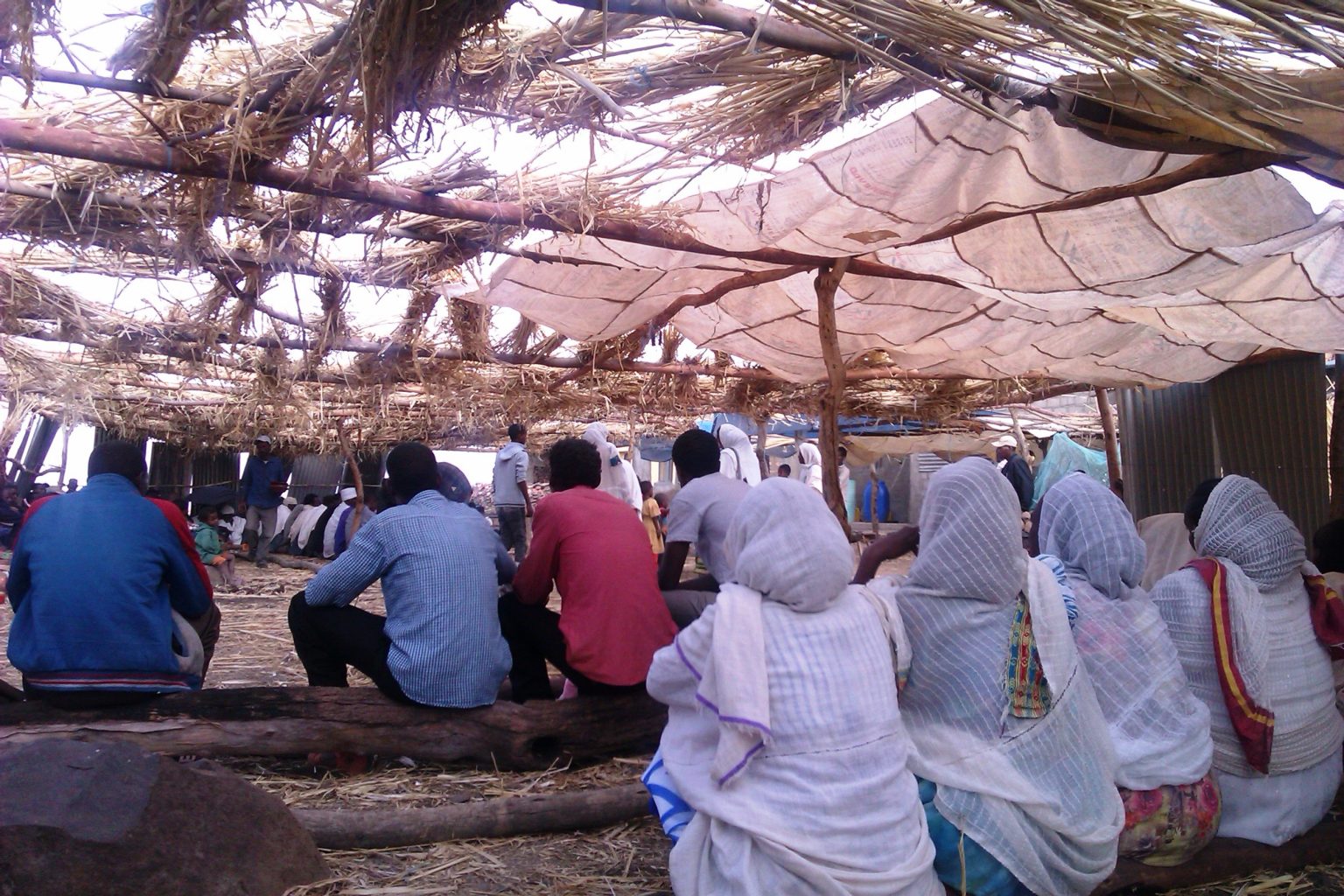
Promote
Promote community-centred, evidence-based, culturally and theologically informed responses to domestic violence and related forms of violence in religious, migrant and ethnic minority contexts.
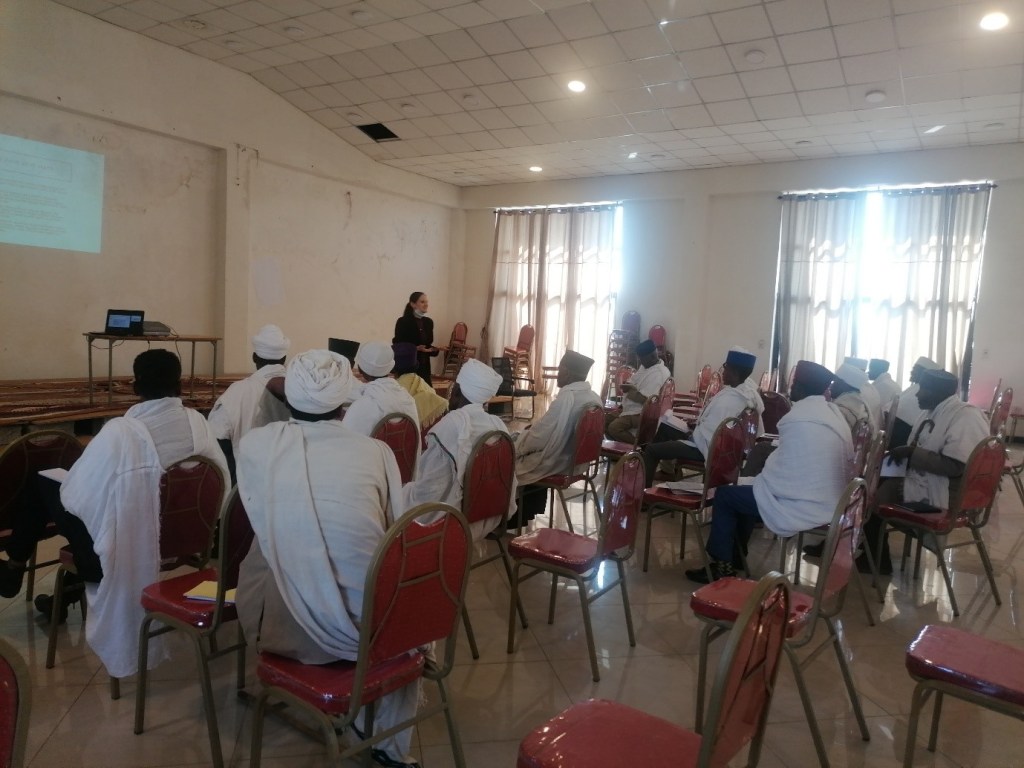
Improve
Improve cultural and religious sensitivity and literacy in responses to domestic violence and related forms of violence in the world.
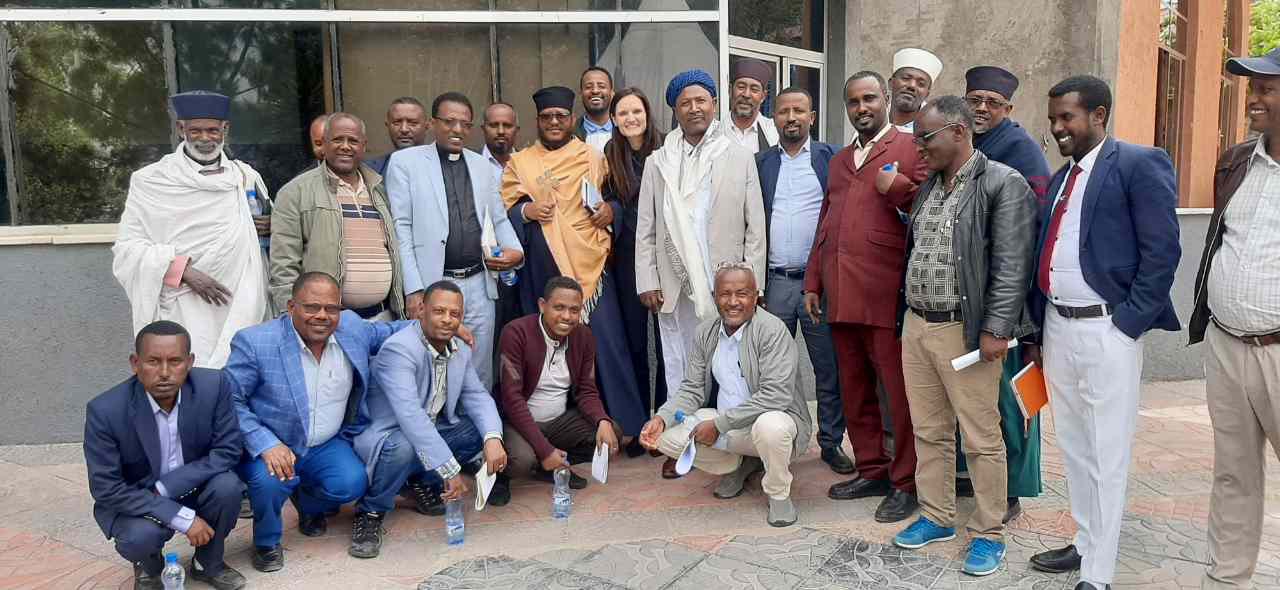
Strengthen
Strengthen connections between policy makers, aid organisations, service providers, religious institutions and grassroots organisations as a way of facilitating more integrated and effective responses.
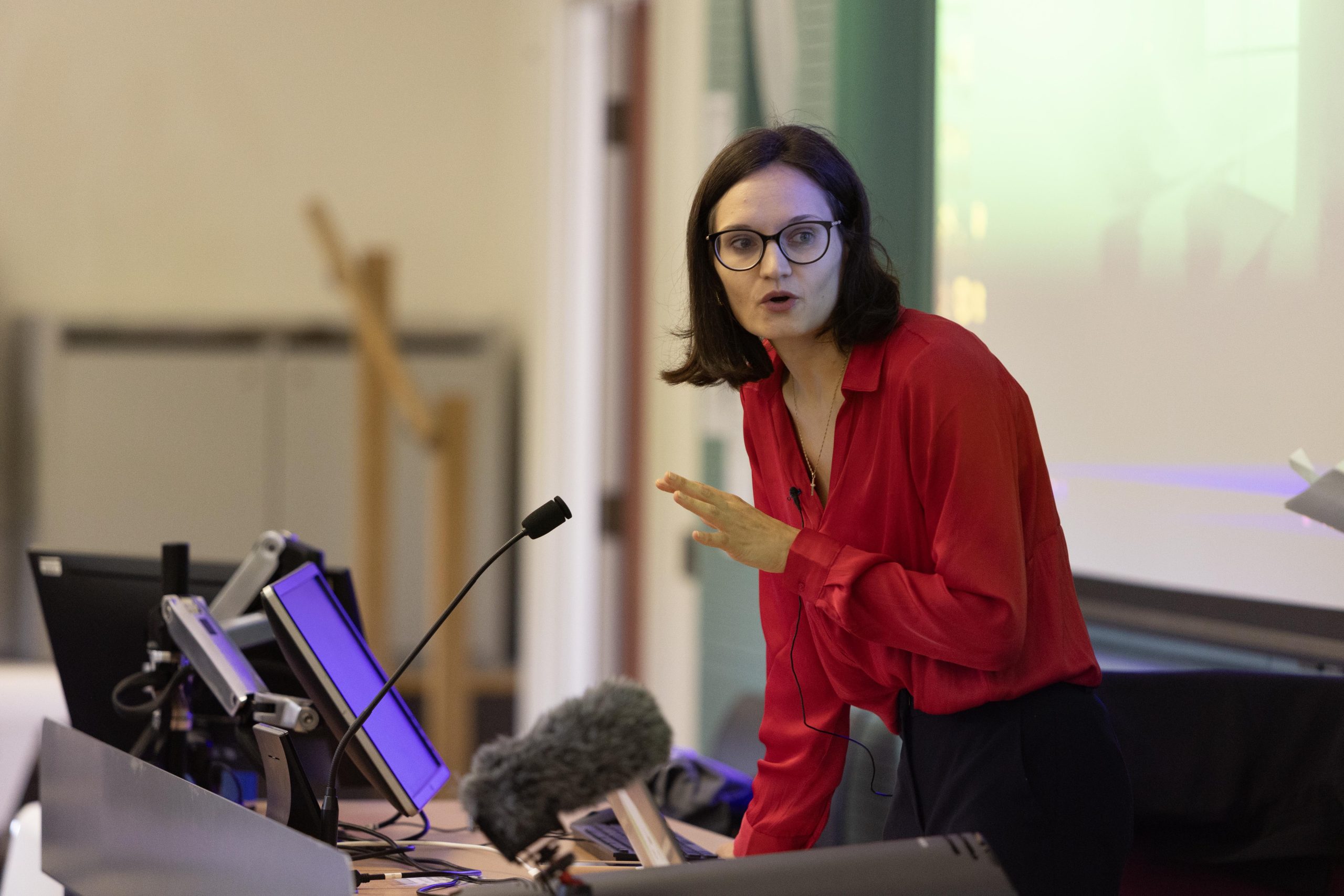
Act
Act as a bridge and offer a convening space and a knowledge-sharing platform to enable a community of practice guided by a shared ethos of humility and cultural awareness.
The Project dldl/ድልድል Model
“Born at the end of Soviet history and shaped by migration, economic inequality and domestic violence early in life, I understand deeply how cultural identity, community and displacement can shape human experience. Later, as an anthropological researcher in the African region, I witnessed how Western development theories and paradigms often marginalised non-Western voices and worldviews. This awareness gave birth to the Project dldl/ድልድል Model—an approach centring domestic violence research and practice on cultural and religious sensitivity, interdisciplinarity and genuine co-creation with communities. I founded IDVRM to take this model forward. Our mission? To make decolonial, transboundary and human-centred responses to domestic violence and interconnected forms of violence the new norm.”
~ Dr Romina Istratii, IDVRM Director
“Project dldl/ድልድል has, in my opinion, truly set the standard for engaging with domestic violence from a decolonial perspective. Its culturally sensitive interventions have proven so effective, and I hope they will be further utilized and attract more research attention.”
~ Benjamin Kalkum, International Development and Faith Expert
What we do
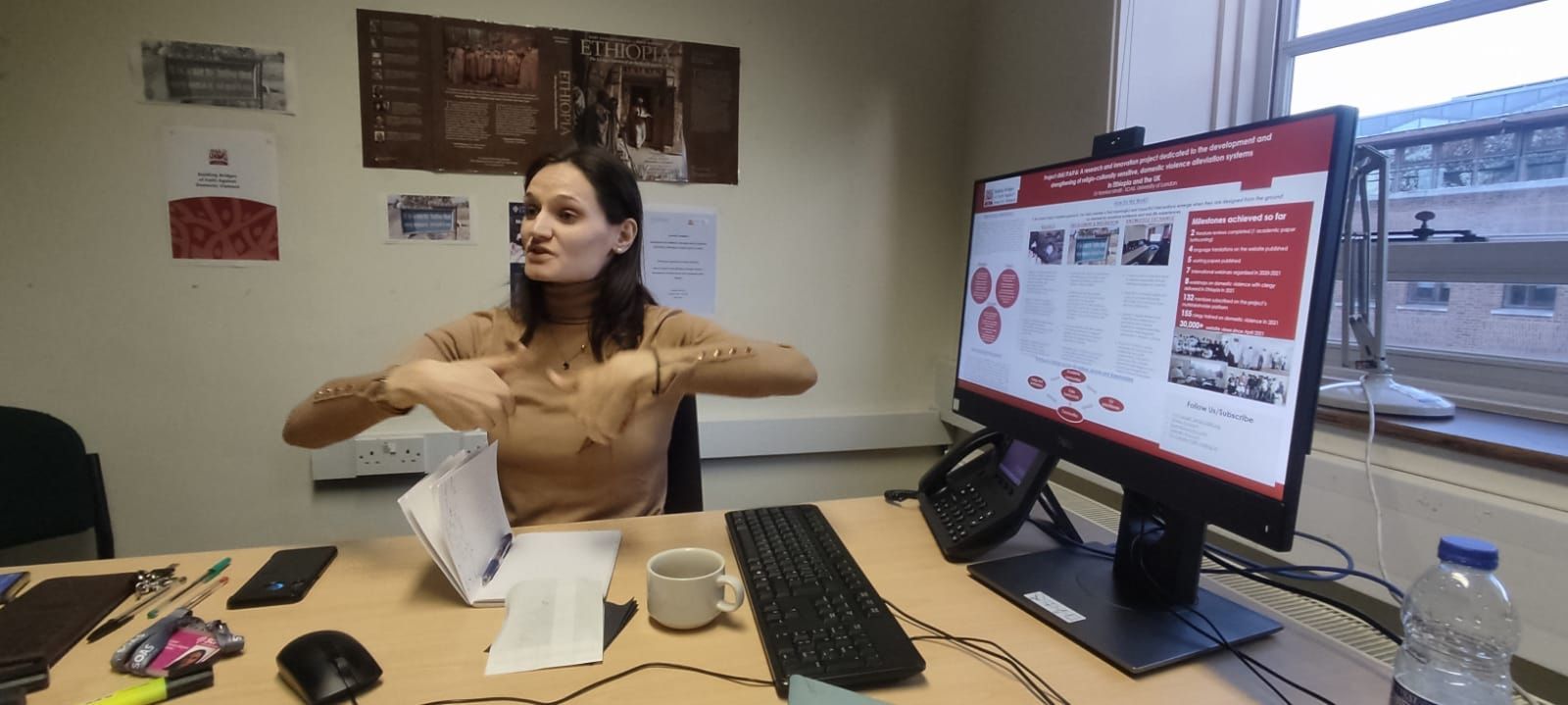
Our Programmes
We run independent research and intervention programmes, produce and publish new evidence that we make fully accessible to everyone around the world to use in their programme design, grassroots practice or advocacy work.
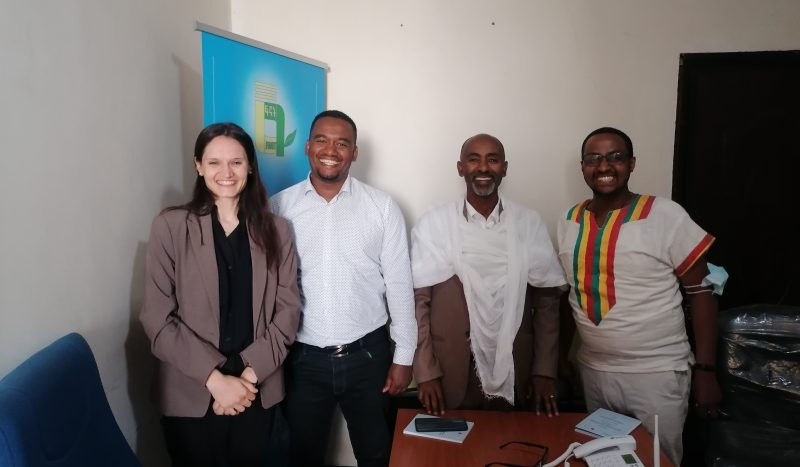
Our Services
We offer advisory services to a diversity of clients to support the design, monitoring and evaluation of domestic violence interventions, services and programmes.
Stay connected
If you’d like to follow our updates and be part of our community of practice, you may subscribe to our Newsletter below.
